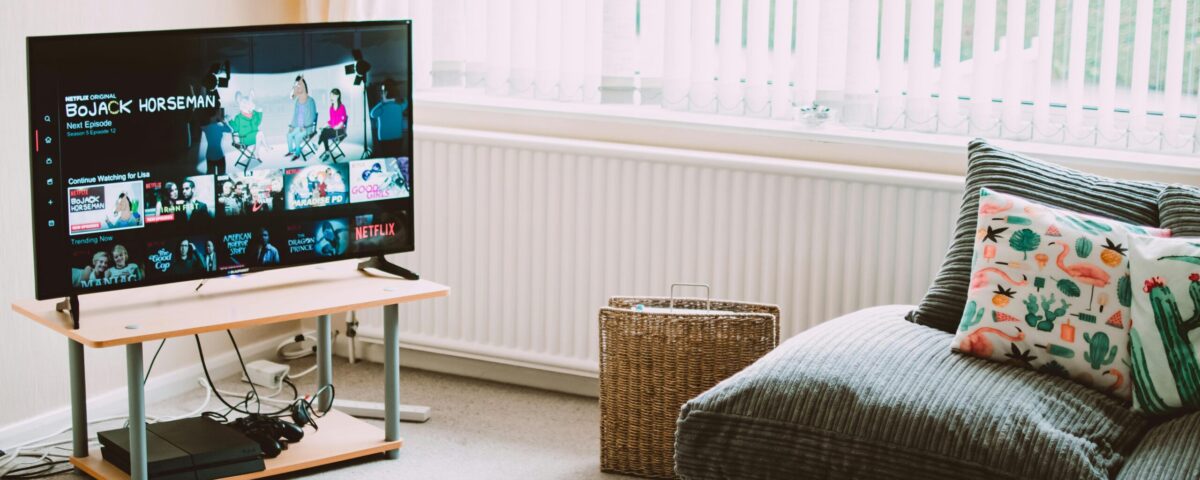Eco-Friendly and Future-Ready: IPTV Is the Sustainable Choice for Croatian Homes
Exploring Gangnam’s Trendiest Cafés and Dessert Spots
June 25, 2025Picking an Internet Protocol Television Service Responsibly: Features, Rights, and Reliability That Matter
August 31, 2025Eco-Friendly and Future-Ready: IPTV Is the Sustainable Choice for Croatian Homes
A Smarter Way to Watch, A Smarter Way to Live
Sustainability is no longer a niche concern in Croatia — it’s a growing priority for households, municipalities, and businesses alike. From energy-saving appliances to recycling initiatives, Croatians are making changes that reduce environmental impact. IPTV fits neatly into this shift, offering an entertainment solution that is not only modern and affordable but also environmentally responsible.
Unlike traditional television systems, IPTV reduces waste, saves energy, and aligns with broader sustainability goals.
Lower Energy Use
Cable and satellite systems require multiple pieces of hardware — set-top boxes, receivers, and signal converters. These devices consume electricity even when idle. By contrast, IPTV works on devices already in use: smart TVs, laptops, tablets, and smartphones.
Many IPTV apps are optimized for efficiency and operate with minimal power consumption. Smart TVs that auto-adjust brightness and devices that support power-saving modes further reduce energy usage.
Less Electronic Waste
Every year, thousands of cable boxes and satellite dishes become obsolete. Disposal of this equipment contributes to electronic waste, much of which ends up in landfills.
IPTV eliminates the need for proprietary hardware. Instead, users stream via apps or lightweight USB-compatible devices. Fewer cables, fewer boxes, and fewer items that need replacement.
Digital-First Delivery Reduces Emissions
IPTV is delivered via the internet — no trucks, no technician visits, and no fuel consumption for installation. Subscribers sign up online and start streaming immediately. Compared to cable systems that require technicians, infrastructure maintenance, and shipping of equipment, IPTV’s model is far more efficient.
Less Paper, More Control
Most IPTV providers offer digital invoices, auto-renewals, and app-based account management. This reduces paper usage and mail-related emissions. Users can:
- View usage online
- Manage billing digitally
- Cancel or upgrade without paper forms
This also leads to fewer errors and quicker service.
Future-Ready for Smart Homes
As Croatian households adopt solar panels, smart meters, and efficient lighting, IPTV fits naturally into the picture. It complements digital-first living and doesn’t require disruptive installations.
Smart home platforms — from voice assistants to mobile hubs — can also control IPTV apps. This increases convenience while reducing the need for additional remotes or devices.
Supporting Local Infrastructure
By using existing broadband networks, IPTV reduces the need for separate TV transmission infrastructure. This supports a more sustainable use of Croatia’s internet resources and encourages continued investment in digital growth.
Reliable providers such as iptv hrvatska help households enjoy full-scale entertainment without waste or unnecessary cost.
Closing Reflection
In 2025, sustainability is about smart choices — and IPTV is one of them. It saves energy, reduces waste, and fits seamlessly into modern Croatian homes. As families look for ways to live more efficiently without giving up comfort or entertainment, IPTV stands out as the future-ready, eco-conscious solution.

